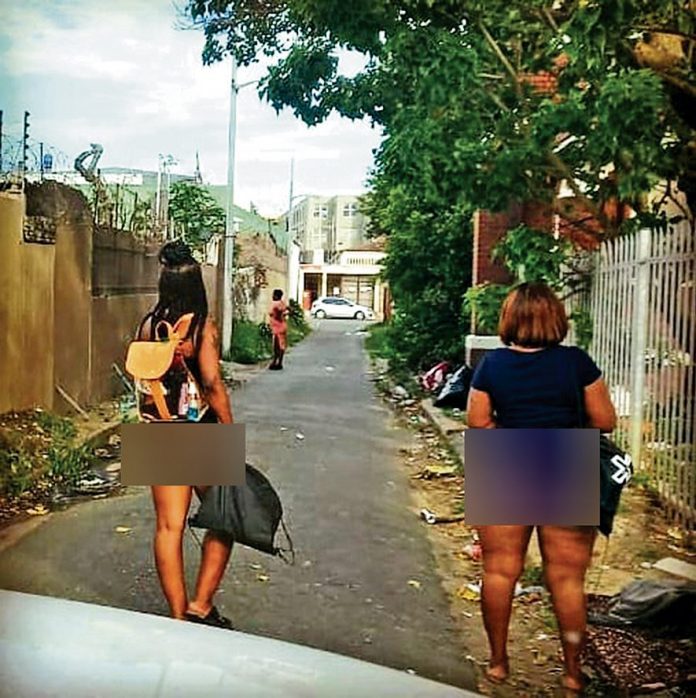Johannesburg- Activists and sex worker organisations calling for the decriminalisation of prostitution believe that the legalisation and destigmatisation of sex work could be the answer to the country’s high rate of unemployment and help boostthe economy.
In 2007, South Africa came close to legalising the sex trade when the late former police commissioner, Jackie Selebi, made a proposal ahead of the 2010 Fifa World Cup that SA should look at decriminalising sex work. His proposal, however, did not see the light of day.
Now, the Sex Workers Education and Advocacy task force (SWEAT) said through robust engagement and evidence-based research, the government has begun to soften its approach and realises decriminalisation of sex work is the way to go. The non-profit organisation is advocating for the rights of sex workers.
“The country is already gaining economically in the sex industry through online sex material and porn sites,” said Megan Lessing, SWEAT’s media advocacy officer.
“That is why SWEAT and other organisations are calling for the full decriminalisation. Our view is that there is no political will … because of unsubstantiated reasons that decriminalisation will increase sex workers in the country.”
Lessing said they have made some headway, with the Department of Justice and Constitutional Development agreeing to hold a dialogue involving all stakeholders.
She said this would allow the public to submit views on the legalisation of the sex trade.
Yonela Sinqu, the spokesperson for Sisonke, a national movement for sex workers, echoed SWEAT’s sentiments.
“This is an untapped market where our government could formalise it and formally gain income from it. At the moment the government is only gaining tax from VAT which does not account for the income made by many in the industry,” Sinqu said.
Asijiki, an advocacy group of sex workers and human rights activists advocating for law reform for the decriminalisation of sex work, said the legalisation of the sex trade would allow sex workers to function within a human rights framework. “This will entail the operation of brothels and individual sex workers as ordinary businesses,” said Asijiki national coordinator Constance Mathe.
The sex industry is estimated to have between 133 000 and 190 000 sex workers affiliated to sex worker rights organisations.
To read more Business related news from Sunday World, click here.
Follow @SundayWorldZA on Twitter and @sundayworldza on Instagram, or like our Facebook Page, Sunday World, by clicking here for the latest breaking news in South Africa. To Subscribe to Sunday World, click here.
Sunday World



